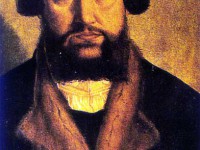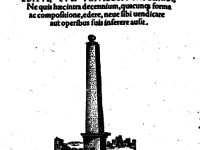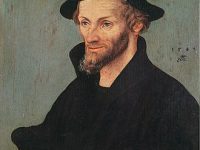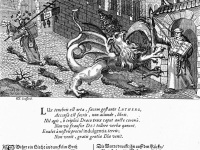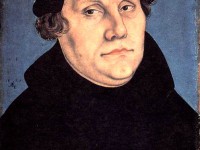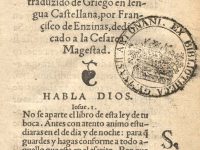Andreas Osiander and Copernicus’ Revolutions
On October 17, 1552, German Lutheran theologian Andreas Osiander passed away. Osiander published a corrected edition of the Vulgate Bible in 1522 and oversaw the publication of the book De revolutionibus orbium coelestium (On the revolution of the celestial spheres) by Copernicus in 1543.[1] Osiander pursued mathematics as a hobby and edited Cardano‘s Artis Magnae, which introduced the theory of algebraic equations. Andreas Osiander – Background Andreas Osiander was born in Gunzenhausen, Principality…
Read more

